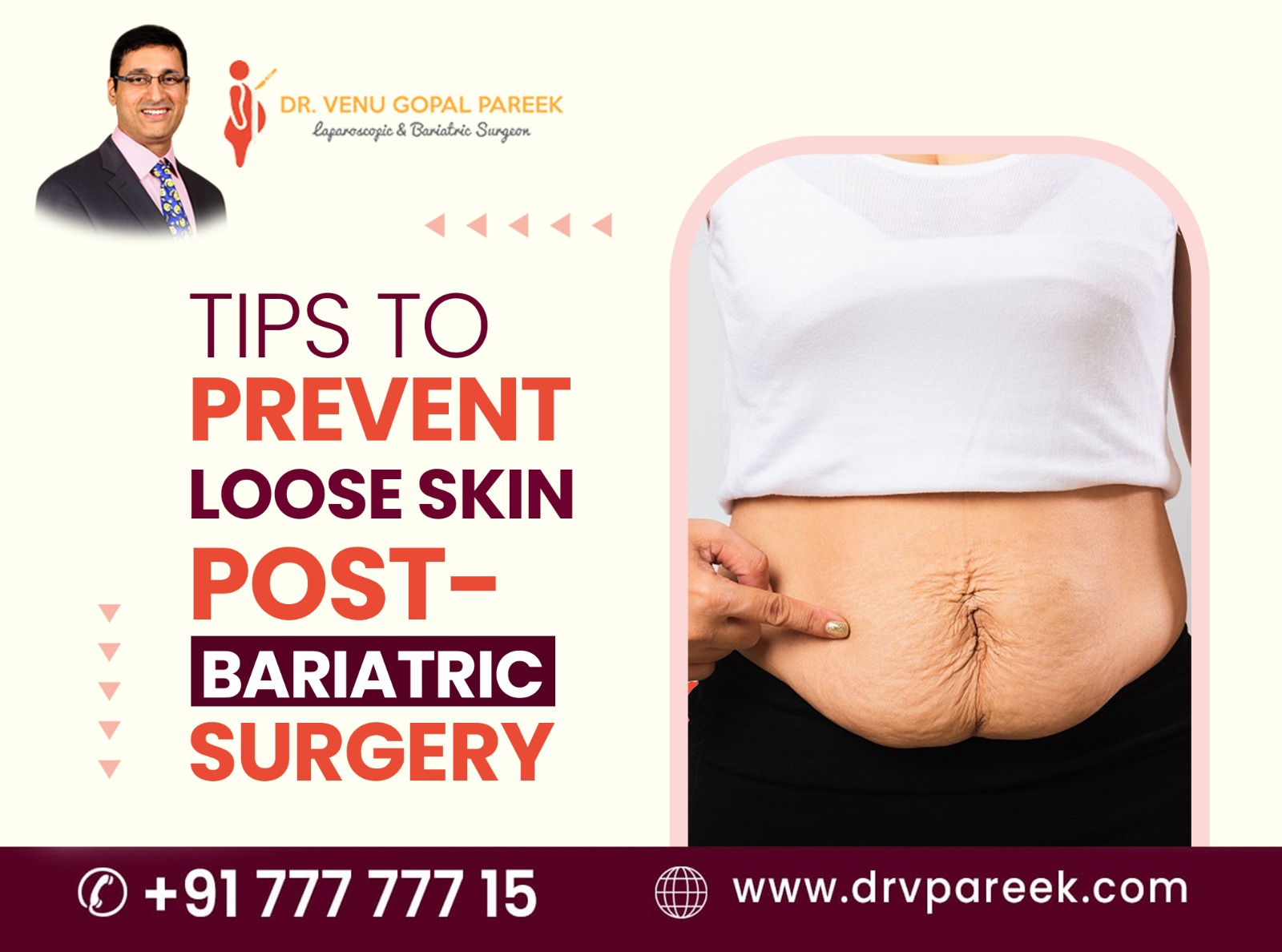
Understanding Dumping syndrome after Gastric Sleeve Surgery
Dumping syndrome is a problem that commonly happens to people who have undergone certain bariatric surgeries. The condition typically occurs after gastric bypass surgery, but people also experience it following gastric sleeve surgery. The diverse anatomical changes made by the bariatric surgeon during the gastric bypass procedure – the removal of the stomach’s pyloric valves leads to dumping problems more common in bypass patients.
Therefore, it’s essential to know about the symptoms associated with the dumping syndrome and the way it’s managed. This article has been incorporated with the details of dumping syndrome so that you can be fully prepared for the outcomes before heading into your gastric sleeve surgery.
What is Dumping Syndrome?
Dumping syndrome is a condition in which food, specifically high-sugar food, moves quickly into the small intestine from your stomach after eating. In some instances, dumping syndrome is called rapid gastric emptying and typically occurs following stomach or esophageal surgery.
When a patient takes high-fat and high-sugar foods after weight loss surgery, which need to be strictly restricted following surgery, it can result in dumping syndrome. This condition can occur instantly after having a meal or a few hours after having a meal.
The distinct anatomical changes made by the Bariatric Surgeon during gastric bypass surgery — like pyloric valve removal, make this condition more common in bariatric patients.
Causes of Dumping Syndrome
After gastric bypass surgery, it becomes hard to handle the movement of food. Dumping syndrome is often caused due to the reduction of cells that produce digestive juices and enzymes, causing undigested food to pass rapidly through the small intestine.
Eating specific foods like refined sugars, dairy products, fatty foods, and fried foods increases the likelihood of this condition.
Sometimes, dumping syndrome can occur even without having surgery.
Dumping syndrome is classified into two phases depending on the timing at which it occurs:
Causes of Early Phase Dumping Syndrome
This early-phase dumping syndrome occurs when the food is rapidly “dumped” into your small intestine. The following factors may contribute to this phenomenon:
- Stretching of the small intestine.
- When water is drained from the bloodstream, and travels to the small intestine.
- Hormones released into the bloodstream by the small intestine impact blood pressure.
Symptoms of Dumping Syndrome in the Early Phase
The symptoms in this early phase might appear about 30 to 60 minutes after having food. Symptoms might persist for an hour, and they include:
- Even after having a small amount of food, you may feel full
- Cramps or pain in the abdominal area
- Nausea or vomiting
- Diarrhea that is severe
- Excessive sweating and light-headedness
- A fast heartbeat
Causes of the Late Phase Dumping Syndrome
This late-phase dumping occurs due to a rapid rise and fall in the levels of blood sugar. The fluctuations in blood sugar levels can be exacerbated if the weight loss surgery patient eats sweets or other carbohydrates.
Even if you are not diagnosed with dumping syndrome, if you experience symptoms like confusion, nausea, a fast heartbeat, or becoming unconscious, get emergency medical attention.
Symptoms of Dumping Syndrome in the Late Phase
This late-phase dumping syndrome may occur after 1 to 3 hours of having food. The following are the symptoms of this phase:
- Extreme tiredness
- Sweating
- Shivering or dizziness
- Fainting or passing out
- Lack of concentration
- Hunger feelings
- Rapid heartbeat
How to manage dumping syndrome?
Various methods are available for managing the dumping syndrome. Following the tips mentioned below can greatly reduce symptoms of this condition.
Avoid the following foods after bariatric surgery:
Eating sugar or other sweets like candies, sugary drinks, cakes & pastries, sweet bread, etc., is not recommended after surgery.
Don’t eat dairy products, and quit drinking alcohol. Don’t consume liquids and solids at the same time. It is better to avoid drinking 30 minutes before a meal and 30 minutes after a meal.
Foods you can eat after surgery.
To ease the symptoms of this condition, try the following tips:
- Take fibre supplements like psyllium, also called Konsyl, methylcellulose, which is also known as Citrucel, and guar gum, often called Benefiber.
- Instead of sugar, patients can use Splenda or Sweet ‘N Low (zero-calorie sweetener).
- Add vegetables and whole-wheat bread to your diet, which are complex carbohydrates.
- Drink a minimum of four cups of water for preventing dehydration or any other sugar-free beverages throughout the day.
How to eat
Here are a few other ways to relieve dumping syndrome symptoms:
- Avoid large meals and try eating 4 to 6 smaller meals every day.
- Maintain modest quantities, like 1 ounce of meat or 1/4 cup of veggies.
- Food should be sliced into extremely small bits and chewed thoroughly before swallowing.
- Combine your protein diet with fruits. (For instance, eat fruits in combination with cottage cheese.)
- Stop eating as soon as you feel full.
- As said above, take liquids after 30 to 45 min of your meals.
- It is possible to prevent light-headedness by lying down after eating.
Surgery
Surgery is recommended when all conservative approaches fail to treat this condition. Depending on the type of bariatric procedure, a doctor suggests various surgical treatments for dumping syndrome. Some of them are reconstructing the pylorus, reversing gastric bypass surgery, narrowing the gastrojejunal stoma, etc.
The Unlikely Benefit of Dumping Syndrome
Dumping syndrome is commonly believed to be something negative, limiting a person’s joy of having food and degrading their lifestyle. Interestingly, it has a substantial advantage, i.e., self-limitation. Patients with this syndrome experience a negative physiologic response to certain foods that they should avoid eating. As long as patients eat small meals and follow their postoperative diet carefully, there will be no signs of dumping syndrome.
Rehabilitation after bariatric surgery is very important to prevent side effects like this dumping syndrome and to maintain a healthy weight. If you are looking for the Best Bariatric Surgeon in Hyderabad, consult Dr. Venugopal Pareek, a Bariatric Surgeon with an immense experience of 15+ years. He helped thousands of people with obesity to lose their weight effectively. Call +91 91-777-77715 and book an appointment to meet the doctor.







